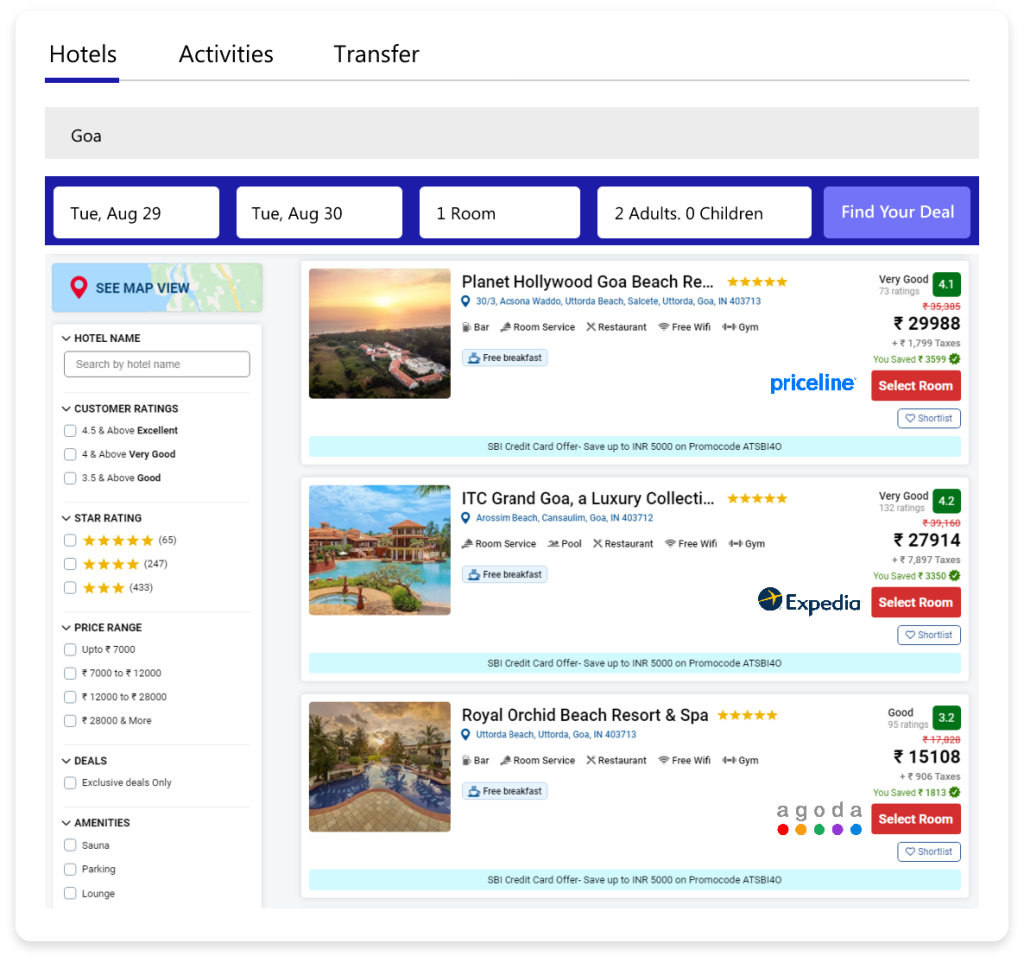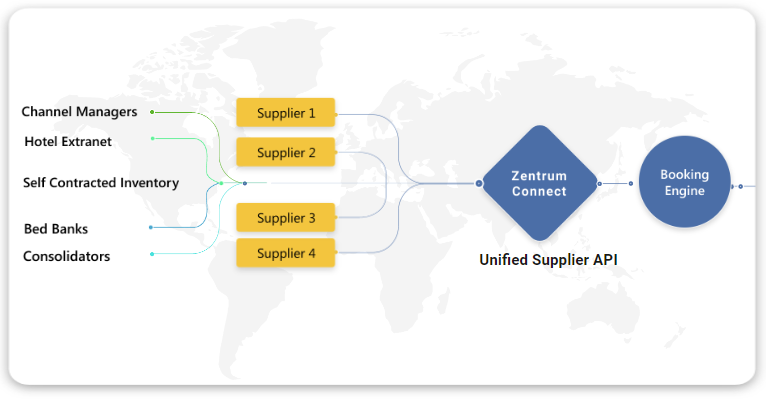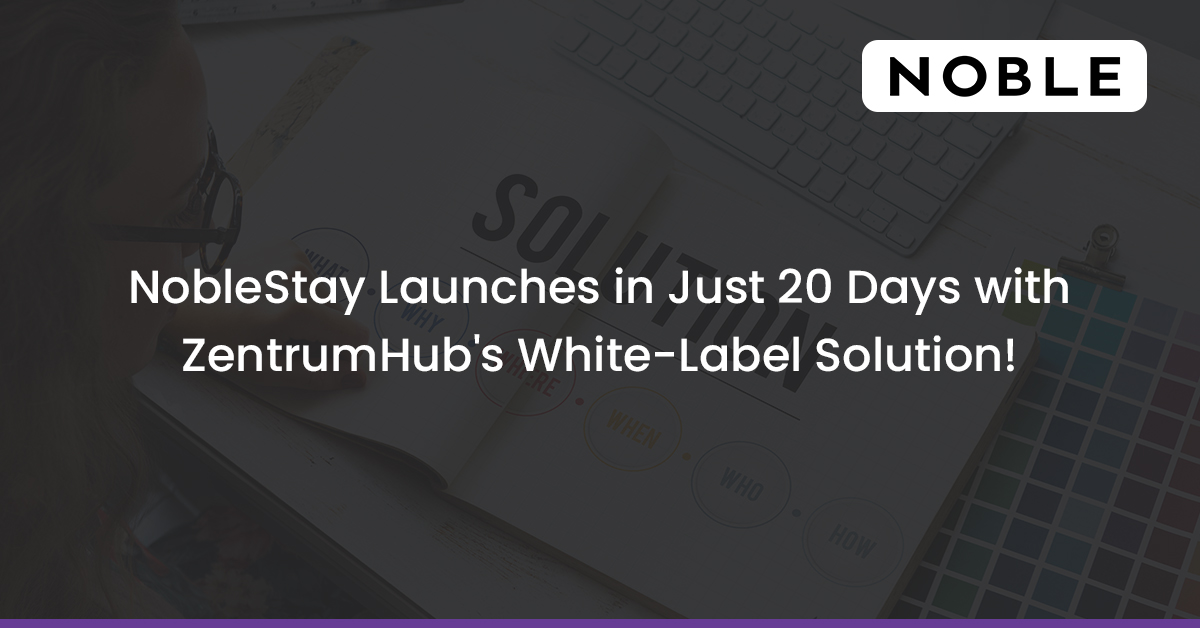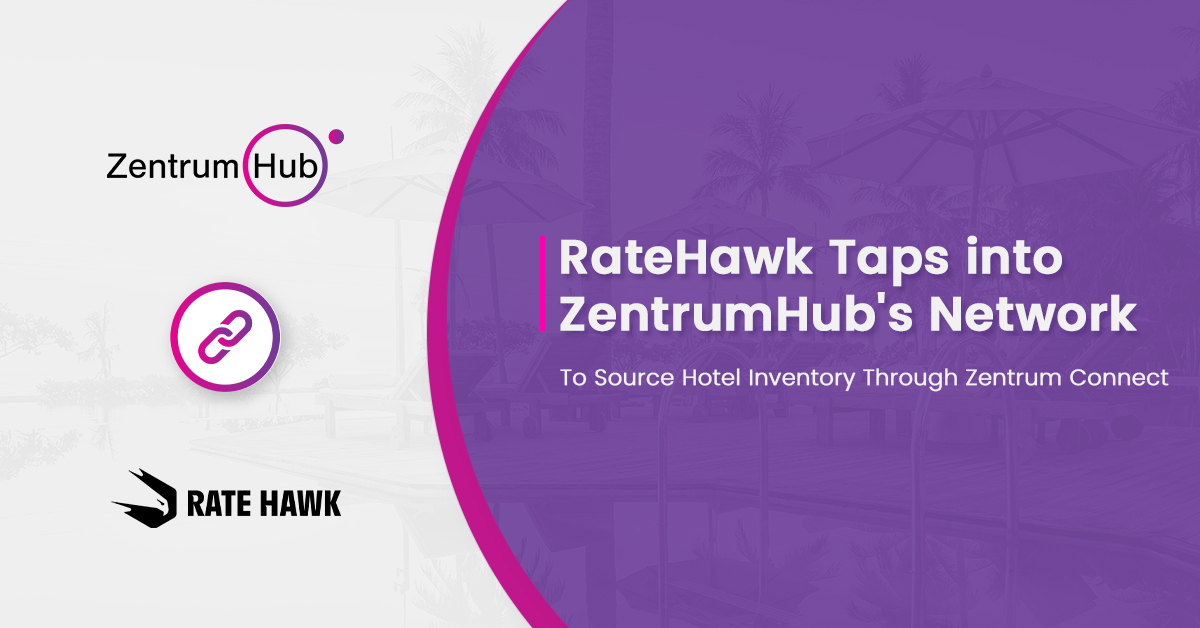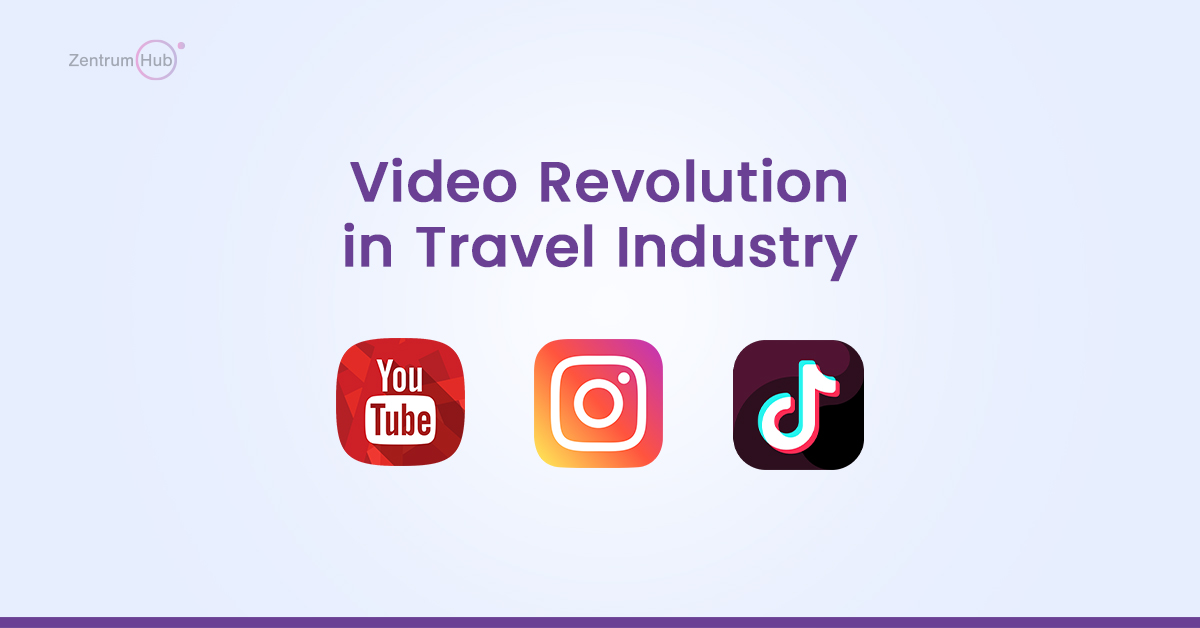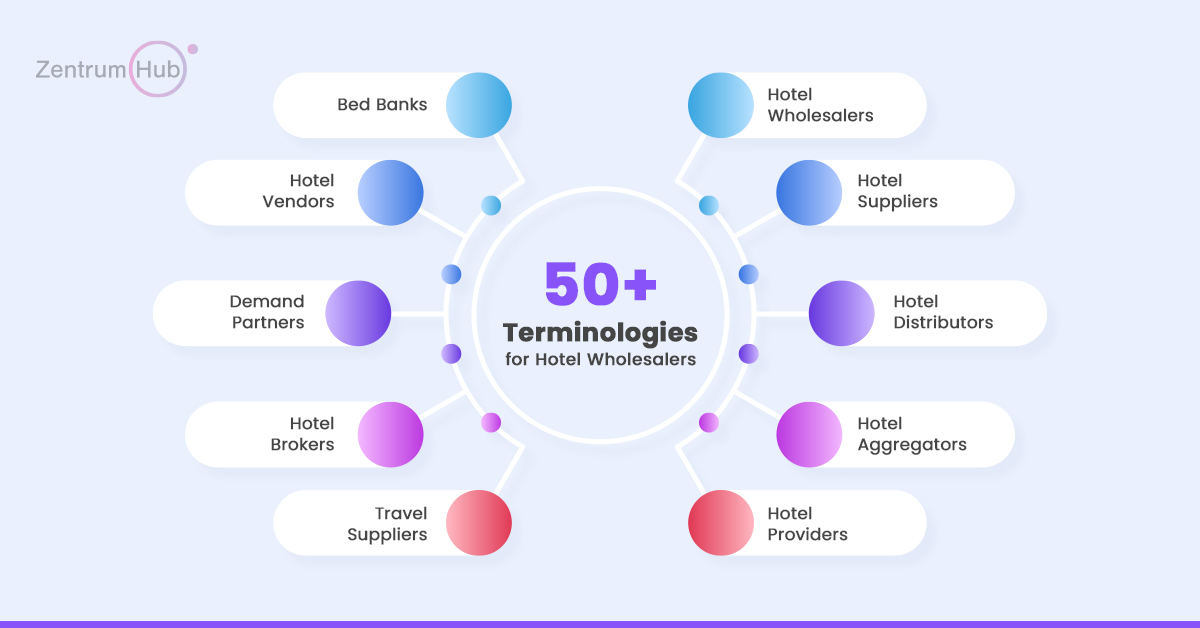Know all about Hotel Booking Engine, Functionality, Cost, Types, and Ways to Build
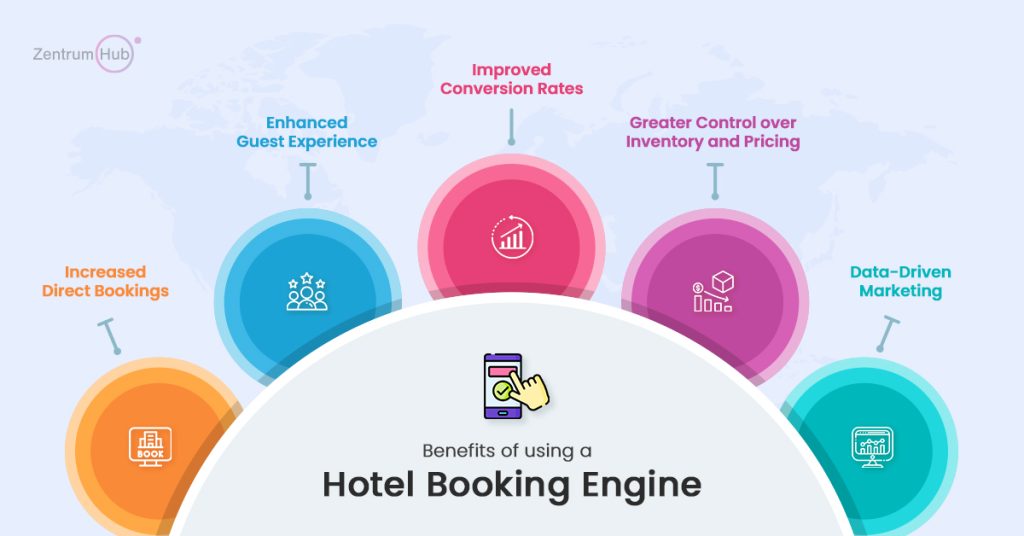
Know all about Hotel Booking Engine, Functionality, Cost, Types, and Ways to Build Introduction What is a hotel booking engine, and what are its basic functionalities? Types of hotel booking engine How does a hotel booking engine work? What are the features of a good hotel booking engine? What are the benefits of using a hotel booking engine? Ways to build a hotel booking engine Concluding Thoughts Over the years, travel has gradually started becoming an increasingly accessible commodity, which has made people worldwide frequently plan trips to explore new countries, cultures, and cuisines. A survey from Skift states that in 2023, online booking of hotel reservations worldwide will surpass the 70% mark. Gradually, travelers prefer the convenience and flexibility of various online booking platforms. The world has come much closer, and travel seems easier. However, this adaptation of the digital landscape in travel has presented hotels with a unique challenge to capture a larger share of online bookings and offer a seamless experience for guests. The solution comes in the form of a hotel booking engine, which, as its basic workings take direct reservations through its website and other online channels, maximizes profits. This blog aims to give you an overview of a hotel booking engine and why it is important to have one for your business. Let’s jump right in! What is a hotel booking engine, and what are its basic functionalities? A hotel booking engine is a software application that is integrated into a hotel’s website, allowing guests to search for available rooms, compare rates and make secure online reservations. In simpler terms, your hotel’s online storefront gives your potential customers a user-friendly platform to complete their booking journey from start to end. The hotel booking engine allows customers to search for hotels, rooms, prices, and locality, compare images/videos, and book rooms via the website or mobile app. A hotel booking engine is helpful for business owners to list hotel room availability, feed hotel information, accept bookings, collect payments, track bookings, & collect reviews. The goal of every booking system is to list inventory and enable online bookings worldwide. The primary purpose of the hotel internet booking engine (IBE) is to detect and process online reservations coming from a hotel/accommodation provider. Other vital roles of the hotel booking engine are: Integrating and syncing with the hotel’s details from all the web pages and sometimes social media pages. Cross-selling services at the time of booking. Managing promo codes and discount rates. Displaying the best obtainable rates to customers against prices available on competitor’s sites. Sending emails at different stages like sign-up, booking confirmation, check-in, and check-out. Types of hotel booking engine Hotel booking engines are categorized into three major types based on business needs: Business-to-Customer (B2C): Used by OTAs to provide hotel inventory to end-users for booking hotel rooms. Business-to-Business (B2B): Used by large hotel suppliers, bed banks, consolidators, and aggregators to sell hotel inventory to other businesses. Business-to-Enterprise (B2E): Preferred by big organizations or corporate companies to regulate bookings for their employees, with added benefits or discounts on hotel pricing. Additionally, multi-channel booking engines integrate various B2B, B2C, and B2E features, providing all-in-one solutions. How does a hotel booking engine work? The basic functionality of the hotel booking engine remains the same across all software. It includes primary features such as inventory management, search functionality, rate display, secure booking process, and integration with PMS. Let’s understand how these functions work. Inventory Management: Managing inventory is the core aspect of your online website. Here, the booking engine connects with your channel managers, suppliers, GDSs, Whole Sellers, Self-Contracted Inventory, etc. This integration ensures real-time room availability and precise rate information, which mitigates the risk of overbooking and makes it a comforting experience for guests. Search Functionality: Every hotel booking engine has search functionality that lets users search for the available rooms according to their needs, viz., dates, number of guests, room types, and desired amenities like staying with breakfast or without and more. The hotel booking engine filters the available options based on chosen criteria, giving the result of what they are exactly looking for. Rate Display: This function shows the user rates of multiple types of rooms and packages with applicable taxes or fees. This adds a layer of transparency for the user to make informed decisions based on their budget and preferences. Secure Booking Process: Once the guests’ journey on your website has reached this point, the booking engine paves the way for a secure online payment process. This process includes collecting guest information, processing secure payments and sending confirmation emails. Integration with PMS/Suppliers: Once the successful booking is carried out, the booking engine automatically updates your PMS or suppliers with new reservation details, ensuring every department in the hotel is aware of the bookings and can arrange the preparation likewise. Read more Ideal Features that a Hotel Booking Engine Must Have What are the features of a good hotel booking engine? Every hotel booking engine software offers some features that enhance the guest experience, simplifying hotel operations. Let’s look at some common features. Mobile-Friendly Design: In recent years, every technology has shifted to a mobile-first approach, which applies to hotel booking engines. A well-designed and developed hotel booking engine comes with seamless mobile optimization across all devices, including smartphones, tablets, and more, catering to the growing trend of mobile booking. Multiple Payment Options: Providing your service to a global audience is no easy feat; thus, keeping a global aspect in mind, the hotel booking engine should support various payment methods like credit cards, debit cards, and secure online wallets. Additionally, offering local payment options can attract customers from specific regions. Promotional Offers and Packages: A competitive hotel booking engine always tends to showcase special offers, packages, and last-minute deals to incentivize bookings and boost revenue. Guest Reviews and Ratings: The world should know about your incredible services, which is why integrating guest reviews and ratings adds credibility that fosters trust with potential guests, significantly influencing booking decisions. Multilingual Support: Like payment methods,



